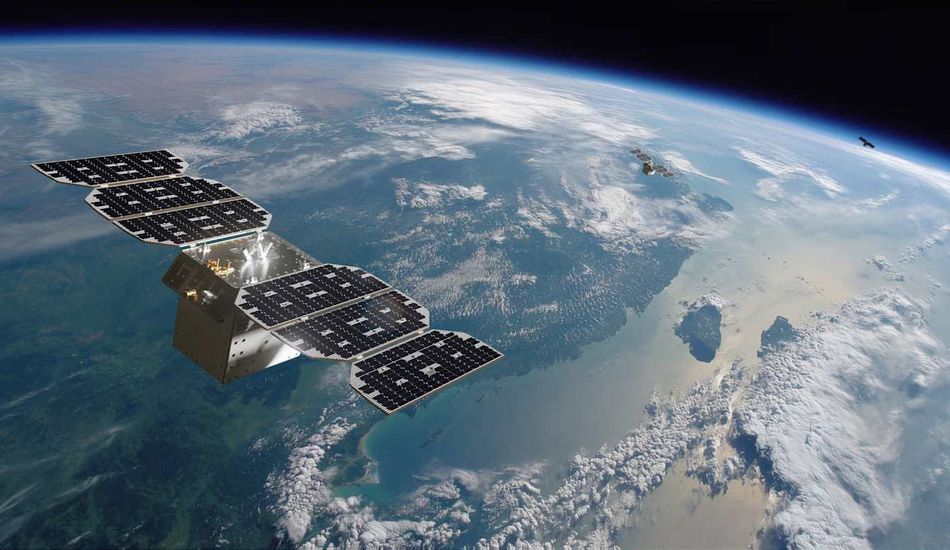
Google's Project Suncatcher: AI Data Centers Could Be Headed to Space
Hey tech enthusiasts! So, Google's got this wild idea brewing, something straight out of a sci-fi flick. They're calling it Project Suncatcher, and the gist is: sticking AI-powering data centers in space. Yes, you read that right. The goal? To harness the sun's limitless energy with satellites equipped with solar panels, keeping those power-hungry AI systems running 24/7. It's a pretty radical solution to the huge amounts of CO2 that AI cloud computing pumps into our atmosphere.
Think of it as Google's way of shooting for the moon – literally. They're planning to load their AI chips, those Tensor Processing Units (TPUs), onto satellites. According to Travis Beals, a Google senior director, space could become the ultimate spot to scale AI computing. Apparently, a solar panel in orbit could be eight times more efficient than one on Earth, delivering almost constant power and cutting down on the need for bulky batteries.
Challenges in Orbit
Of course, it's not all sunshine and space roses. There are significant challenges. The sun's radiation could fry those TPUs pretty quickly. However, Google claims their chips can handle about five years in that environment before they start failing. I think that's a pretty good start, you know?
Then there's the data speed issue. We're talking about needing data links of "tens of terabits per second" between satellites, with super-low latency. Getting those speeds in space is no easy feat; transmitting data over those vast distances requires a ton more power than here on Earth. To tackle this, Google might have to keep those TPU-equipped satellites in super-tight formations, maybe just kilometers apart.
At the end of the day, the big question is: does it make financial sense? Launching all that tech into space seems crazy expensive. But Google's research suggests it could be "roughly comparable" to running data centers on Earth by the mid-2030s – at least, in terms of power efficiency. I think it sounds like a long shot, but who knows?
Even though it's just a preliminary research paper right now, Google's not just dreaming. They're teaming up with Planet to launch a couple of prototype satellites by 2027. This "learning mission" will test how well those models and TPU hardware function in space. Plus, they'll be testing the use of inter-satellite links for handling distributed machine learning tasks. It is still exciting to see such innovative tech projects being developed, and I'm excited to see what the future holds.
Source: Engadget